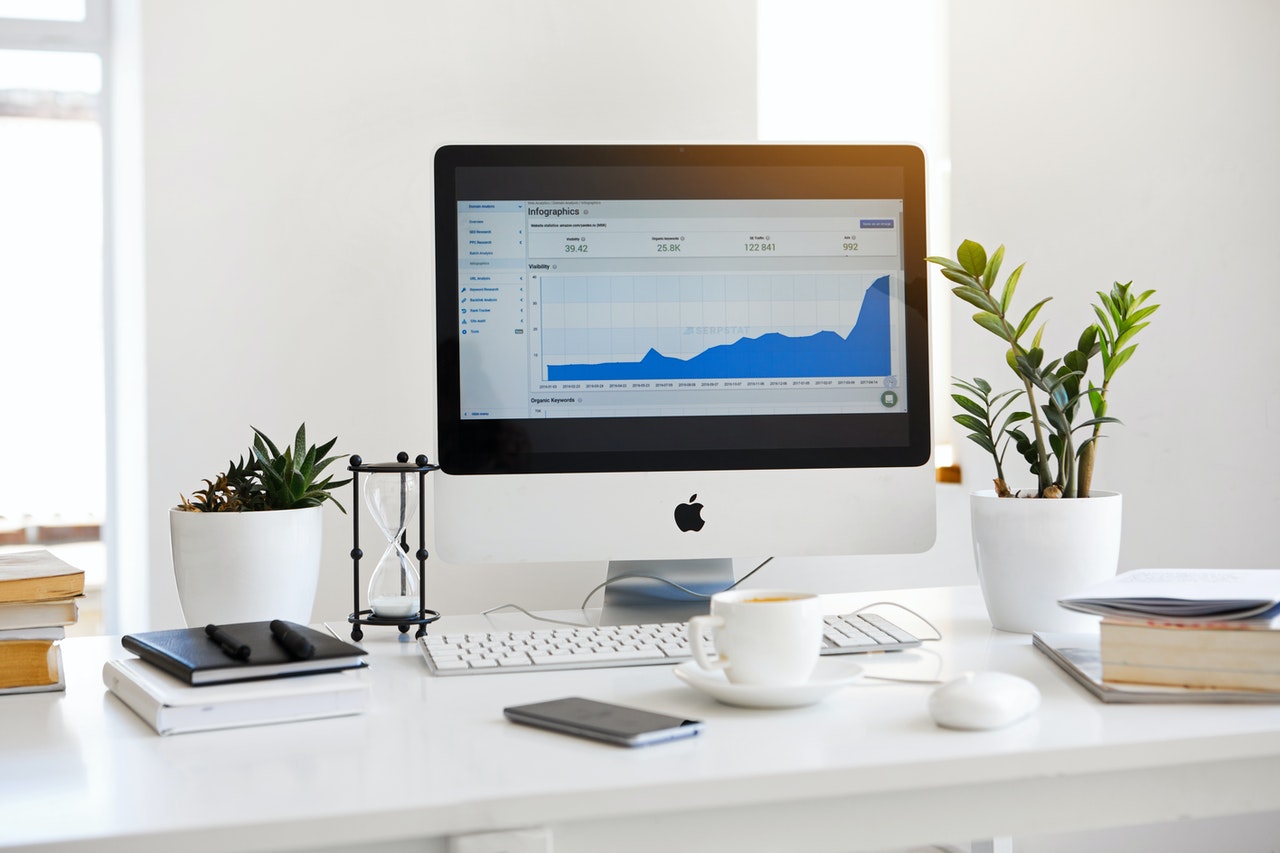
The rules of retirement and pensions differ greatly from country to country and even from state to state, but here in the UK, the rules around accessing your pension have changed a little.
As of 2020, there are three main types of pension:
- the State Pension, which is paid by the Government
- defined benefit pensions, which are available to those who work in the public sector or in large companies and corporations
- defined contribution pensions, which most people build up across various jobs until they reach age 55, or longer, if they choose to continue working.
In March, it was announced that from April 6, 2020, there would be an increase in the annual pensions savings allowance. Now, individuals can save up to £32,000 net if their threshold income is between £150,000 and £240,000. Above this, contributions will still be subject to a taper. The lifetime allowance will also increase to £1,073,100.
It was also announced that the state pension age will be raised to 66, with a rise to 68 on the horizon. While the state pension isn’t a significant amount, it may have a bearing on when you choose to retire, especially if you are planning for longevity and wish to live off your pension(s) for many years.
The FCA is also encouraging people to take an active role in their pension planning by offering “investment pathways”. Essentially, when you take tax-free money from your pension, they’ll offer you one of four investment pathways for the remaining money. This is one of the ways they are trying to prevent so many unadvised people from moving their pension into cash or cash-like assets which causes them to miss out on further growth in the long run.
Planning and Knowledge are Key
Whether you’re planning to retire fully, gradually cut back your hours or continue to work for another few years, you can now choose when and how you use your pension to suit your retirement journey.
Money is, unfortunately, often a difficult topic to talk about. Even as you near retirement, it’s difficult to find other people to talk over your plans and ask questions. Fortunately, we’re experts on this topic, so we’re here to answer your questions and talk over the changes in legislation so you know exactly where you stand.
How can I access my pension in the UK?
State Pension
In the UK, you don’t get your new State Pension automatically – you will typically have to apply to claim it online. You should receive a letter from the Government around two months before you reach State Pension age, advising you on how to do this.
When you reach State Pension age, you do not have to stop working, but you’ll no longer have to pay National Insurance. You can calculate the age at which you can start claiming your State Pension here, but the default retirement age (a forced retirement age of 65) does not exist in the UK anymore.
If you’re still not sure how to go about claiming your money, there are three ways you can claim your State Pension:
- Over the phone
- Download the State Pension Claim Form and send it in to your local Pension Centre
- Claim from abroad, if you have retired outside of the UK.
Personal Pension(s)
In most cases, you can start taking money from your personal pension after you turn 55, but this is optional. You can take up to 25% of your pension money as a tax-free lump sum-in other words; you can access a quarter of your savings without having to pay tax on them. Then, you will have six months to claim the remaining 75%, which you will usually have to pay tax on.
The rest of your pension can be taken entirely in cash, invested into a regular, adjustable income (or a Flexi-access drawdown) or spent on a product that provides a guaranteed income (or annuity) for life.
It is generally not advisable to take the remaining amount in cash, or as a cash-equivalent asset. The FCA is actively trying to prevent this. 94% of people choose to do this without advice, compared to just 35% with advice. If you have any concerns about what you should do, don’t hesitate to reach out to our team. We’re experts in pensions and can provide a pension review for you free of charge, and then guide you through what the next best steps are for you. (Click here for more information.)
Will my work pension and State Pension come in together?
In order to qualify for a State Pension, you will have to have worked and paid National Insurance contributions. You may also be able to get a State Pension if you were getting National Insurance credits as a carer, parent or if you were unemployed or ill. It should be noted that this may differ from circumstance to circumstance, and you are not guaranteed a State Pension if you did not pay National Insurance.
As for payment dates, your work pension is separate from the one you’ll get from the state, so there’s no guarantee that they’ll come in at exactly the same time.
How will my pension amount be worked out?
State Pension
If you have already built up National Insurance contributions under the original, pre-2016 system, you will be allotted a ‘starting amount’. This sum will be whichever is higher:
- The amount you would have been entitled to under the older system, including basic and additional pension
- The amount you would have been able to claim if the new State Pension had been in place when you first started working.
If your starting amount is higher than the full new State Pension, any amount of money over that will be protected and paid as well as the full amount when you begin claiming your new State Pension.
If your starting amount is lower than the full new State Pension, you might be able to accrue a higher level of new State Pension through credits and contributions that you make between 6 April 2016 and when you get to the State Pension age.
Personal Pension
As we mentioned above, when you decide to access your personal pension (not often before the age of 55), you can take 25% as a lump sum tax-free, and then you have 6 months to start taking the remaining amount. What you do with this money will be down to your circumstances, but it’s generally best to invest it so you can get regular income. This is often called “flexi-access drawdown”. This allows you to take as much or as little money on a monthly basis.
So, you may decide to take a regular amount every month for the rest of your life. Or, you may start taking a small amount while you continue to work part-time or run a small business that still provides you with some income, and increase it as you decide to end your working life.
The best thing to do is to get financial advice from an expert who can help align your pension with your goals. If you need help and advice, we’re just a phone call away. Click here to find out more.
I’m confused and/or worried about my pension – what can I do?
If you are feeling at all stuck and are not sure how to access your pension, or if it will be enough, you can reach out to us at Evason Fildes. We’ll contact your provider, look into your existing plans and give you a comprehensive review of your situation with any risks we come across. We can talk you through your current standing and all the options available to you, so you can put your mind at rest knowing you’ve got all your ducks in a row for retirement.
For more information, call us on 0161 537 7070 or contact us today.





